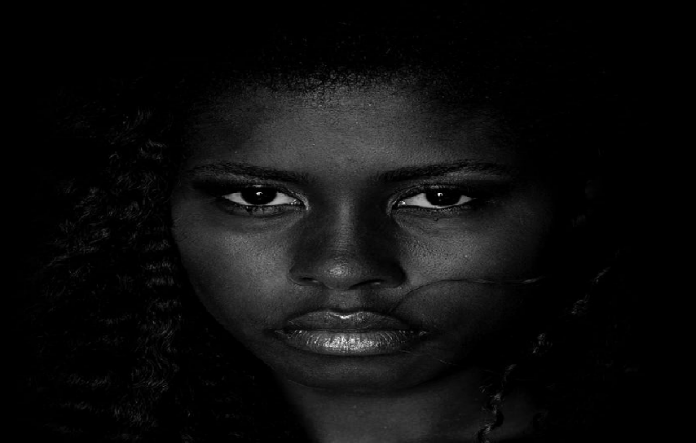Recently, an American white woman was trending for injecting her body with melanin in efforts to change her skin to black. This raised mixed reaction across the globe. However, in Africa, the contrary is happening. Cases of skin lightening among African women have been on the rise. A report released by WHO shows that Nigeria is one of the leading countries with 77% cases, followed by Togo, S. Africa, Senegal, and Mali.
The number is still expected to rise as more and more women have access to these products. Some even go to the extent of swallowing lightening pills in a bid to bleach the entire body.
But the question is, is skin lightening the best way to go? Well, I do not want to seem to have the answer to that question, but from what we have seen recently, almost everyone who lightened their skins regrets at some point.
This has painted a bad picture to our children and teens have become victims. If corrective measures aren’t taken, soon we will lose our culture.
Though we cannot solely base African identity based on color, altering our skin complexion is a sure sign that we are slowly being carried away by the western culture where being white we think it’s beautiful.
Why skin lightening is not the best way to go
One of the most common ingredients used on these products is hydroquinone which has a depigmentation effect. The ingredient has been around for over 50 years and has been relied upon for skin brightening. Some of the manufacturers may use it in different forms which make it hard for one to detect.
When applied on the skin, these products get rid of melanin and inhibit the skin from producing it. Melanin is what gives our skins a distinct color and helps protect our skins from harmful UV rays. Skin without melanin is susceptible to cancer and other toxic chemicals.
Aside from de-pigmenting the skin, Hydroquinone has been associated with adverse effects. Some of the effects include skin irritation, excessive skin dryness, dermatitis, redness and inflammatory reaction among others.
Attempts to ban these products have been put in place. Countries like South Africa, Rwanda, Kenya, Ghana, Burundi, and Tanzania have come out strongly for a complete ban for sale of any beauty products containing mercury and hydroquinone.
Other African countries should come together and join the move to save our younger generations. Being black is beautiful.





